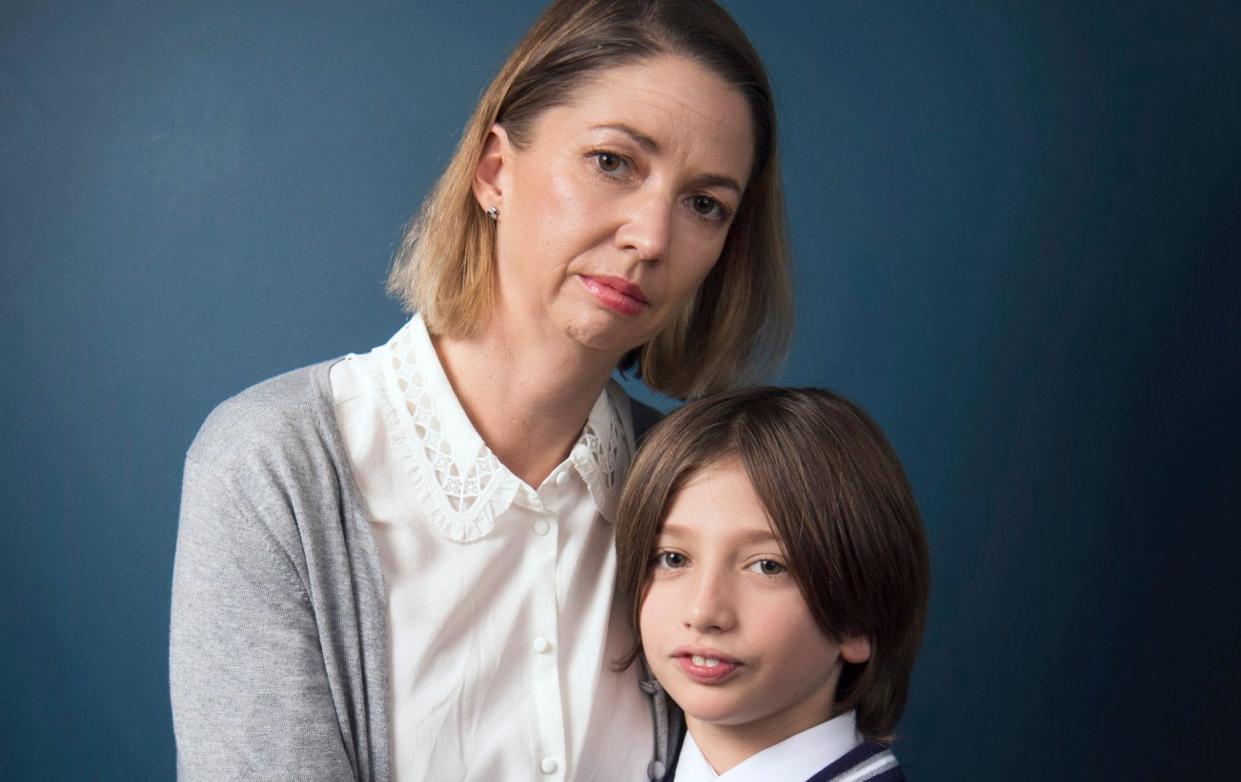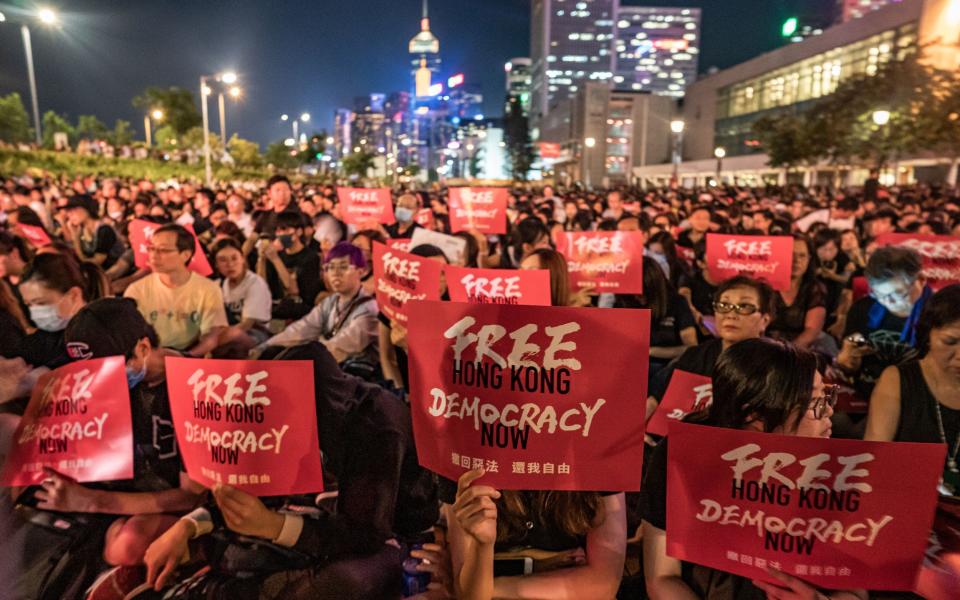Academic who fled Hong Kong for UK granted visa – but her son, 11, is turned down

A human rights academic who fled censorship in Hong Kong is appealing against the Home Office’s refusal to grant her son a UK visa.
Dr Jane Richards, 41, said she and her family can no longer live safely in Hong Kong for fear of being raided if she continues her work on the right to protest and freedom of political speech.
She was effectively blacklisted from jobs in Hong Kong after publishing research documenting some 100 street protests and the “blatant disregard” for the rule of law and “brutality” by the police and the city state’s authorities.
Dr Richards has moved to the UK with her husband and three children after securing a job as an academic at Leeds University.
But Henry, 11, her son by her first marriage, has been denied a visa despite her ex-husband supporting it and formal approval from the family court in Hong Kong that it is in the child’s best interests.
As an Australian married to a British citizen, she has been granted a visa to come to the UK after more than a decade living in Hong Kong - but her son has been barred under the complex rules that govern dependents.
Even though her former husband - a senior executive of a major international corporation - has consented to their son relocating, the rules dictate that unless she has “sole responsibility” for her son, she has to show “serious and compelling family or other considerations which make exclusion of the child undesirable”.
Dr Richards said she may have to leave the UK if the Home Office maintained its refusal. “The rejection of my son’s visa has been devastating for us. He really wants to be here with me and his sisters and stepdad. I genuinely do not know what we will do if we cannot find a way for our son to stay,” she said.

Where previously she felt it unlikely a westerner would be subject to the same ruthless action as Hong Kongers, she said she felt now it was dangerous with the Chinese authorities looking for foreigners to scapegoat.
She said colleagues had been raided and there were two friends for whom she felt concerned for their safety including one, a journalist, who had been forced to abandon a project to write a book about a high-profile politician.
“I feel that the authorities are looking for an example or scapegoat to show that no one is immune even a foreign white mother, almost as an example to others,” said Dr Richards, who has two daughters, Florence, five, and Georgina, three, by her British second husband, Chris.
“It is very oppressive. With the security law [passed in 2020], anything can be interpreted as subversion or secessionist. You cannot have an open discussion.”
School textbooks 'being rewritten'
She said it meant that she could not teach students freely or accurately about human rights for fear of putting them at risk of breaking the security law.
Children have also experienced censorship with Henry reprimanded at school for mentioning the umbrella protest movement and scolded by a teacher for referencing protests seen on TV the previous day. “He was told by a teacher that ‘we don’t talk about those things here,’” said Dr Richards.
School textbooks are being re-written to omit any reference to the British colonial period. “I do not feel it is right for them to attend school in a culture of fear and censorship, or where history books are being rewritten to reflect a made-up version of history,” she said.
“When Florence was only three, she was given propaganda materials in support of patriotic education at her local pre-school.”
Her lawyer, Nick Nason, said the block on her son’s visa raised questions about the UK’s commitment to those fleeing persecution in Hong Kong and demonstrated the complex inflexibility of immigration rules.
“They have to be rectified if we are going to compete for the international talent we now need more than ever,” he said.
A Home Office source said the case would be reviewed in due course.


